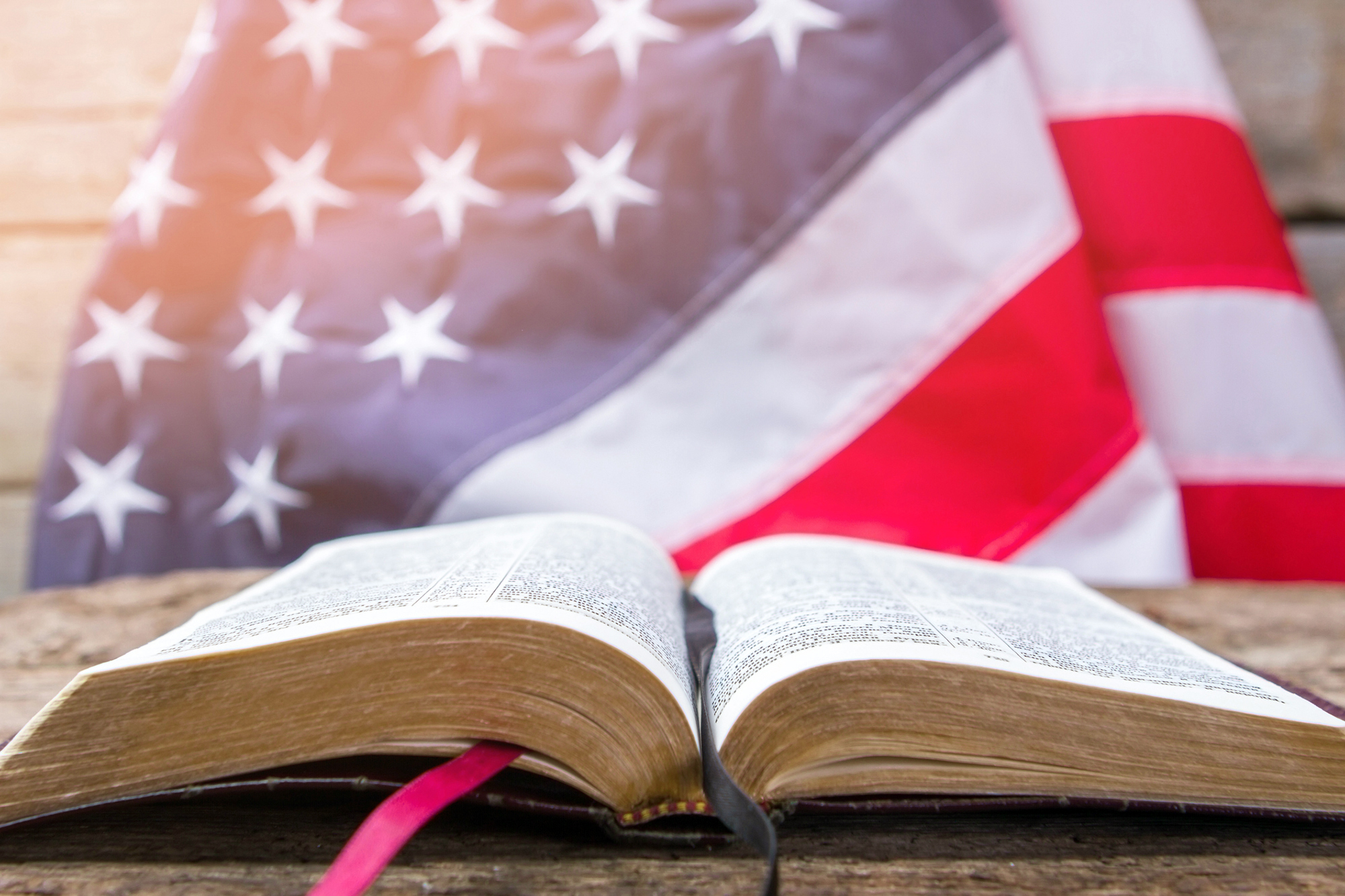
PHOENIX, Ariz. (BP) — The Arizona Supreme Court last week rebuked states and municipalities that overzealously enforce anti-discrimination laws.
The state’s highest court said the city of Phoenix cannot apply a nondiscrimination ordinance to the designers of custom wedding invitations. In a 5-3 decision, the court found Joanna Duka and Breanna Koski, owners of Brush and Nib Studio, have the right to decline to create custom invitations for same-sex weddings. Justice Andrew Gould, writing for the majority, put forward a sweeping defense of free speech and religious liberty. See related Baptist Press story.
“The rights of free speech and free exercise, so precious to this nation since its founding, are not limited to soft murmurings behind the doors of a person’s home or church, or private conversations with like-minded friends and family,” Gould wrote. “These guarantees protect the right of every American to express their beliefs in public.”
Duka and Koski, who are Christians, have clients sign a contract with language noting that the calligraphers will not do work “that communicates ideas or messages … that contradict Biblical truth, demean others, endorse racism, incite violence, or promote any marriage besides marriage between one man and one woman, such as same-sex marriage.”
In 2016, they filed a preemptive lawsuit against the Phoenix ordinance, which levies jail time and fines to places of public accommodation for violating a nondiscrimination mandate that includes sexual orientation and gender identity as protected classes.
Gould dismissed attempts to portray the case as primarily about discrimination. Dissenting justices compared Duka and Koski’s concern to historic examples of prejudice, from the Jim Crow laws of the South to Phoenix shopkeepers posting “No Mexicans allowed” signs. Gould called such arguments “a one-sided analysis that effectively deprives plaintiffs of their fundamental right to express their beliefs.”
He added, “No law, including a public accommodations law, is immune from the protections of free speech and free exercise.”
The decision offers persuasive reasoning to other courts, said Alliance Defending Freedom’s Jonathan Scruggs, who represented Duka and Koski.
“The freedom the court upheld for Joanna and Breanna today is good for everyone,” he said following the announcement of the ruling. “Americans disagree about many issues, but we should agree on the freedom to disagree.”
Scruggs said courts hearing similar disputes have already cited the decision — including the case of Hands On Originals, a print shop that declined to design and print T-shirts for a gay pride festival. That case is pending before the Kentucky Supreme Court. Attorneys have also cited the decision in the appeal of florist Barronelle Stutzman’s case to the U.S Supreme Court and a third lawsuit involving Colorado baker Jack Phillips.
“Duka and Koski’s beliefs about same-sex marriage may seem old-fashioned, or even offensive to some,” Gould wrote in his ruling. “But the guarantees of free speech and freedom of religion are not only for those who are deemed sufficiently enlightened, advanced, or progressive. They are for everyone.”
















